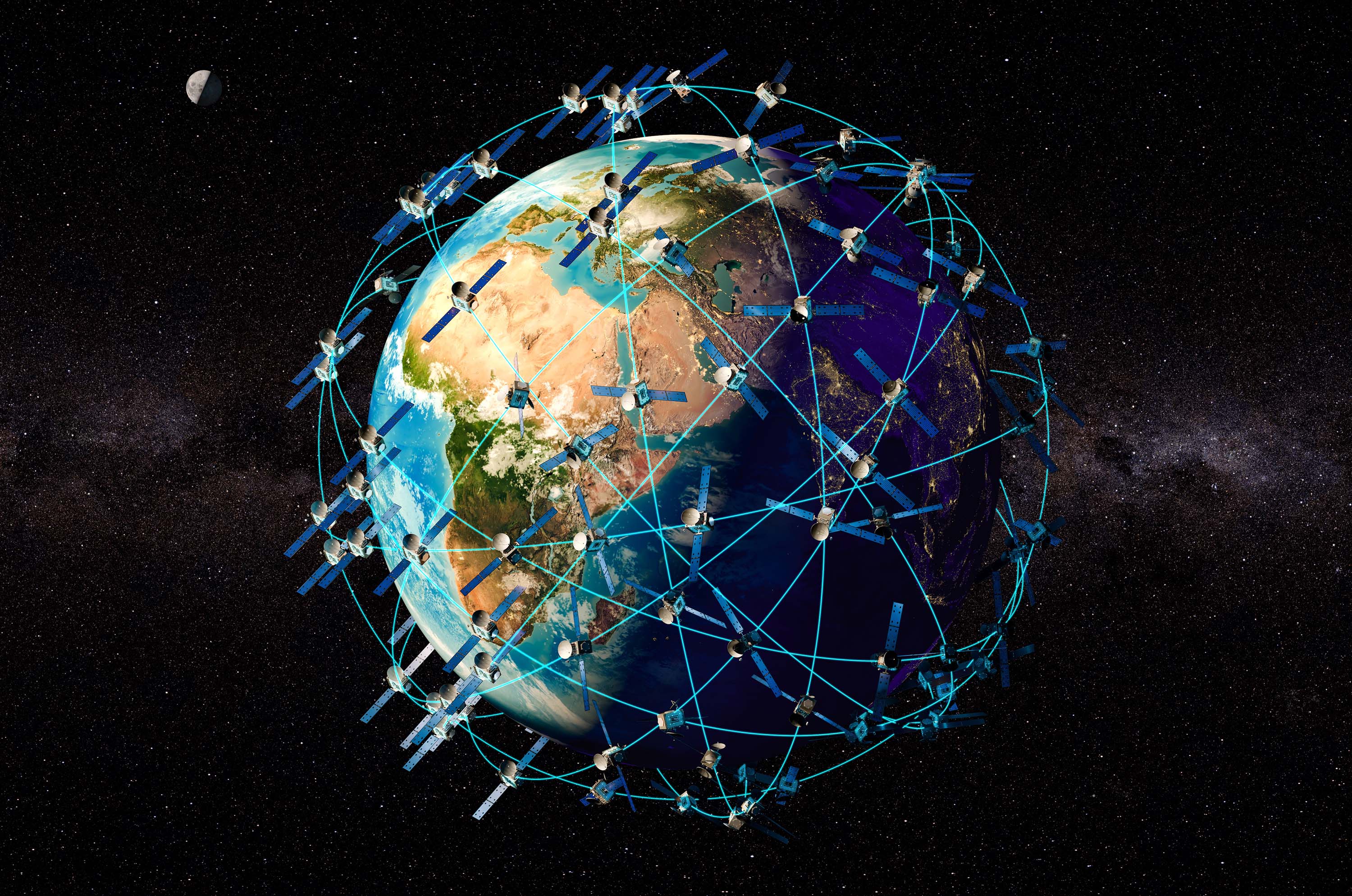Ever wondered how those tiny GPS trackers manage to pinpoint your car’s location anywhere on the globe? It’s a fascinating blend of space-age technology and clever engineering, all working together to give you peace of mind and valuable data. Let’s delve into the world of satellite tracking and uncover the secrets behind this ubiquitous technology.
The Core Components: Satellites, Receivers, and the Signals

The magic starts with a network of orbiting satellites. These aren’t your average satellites; they’re part of a global navigation satellite system (GNSS), most commonly GPS (Global Positioning System) operated by the U.S. military, but also including GLONASS (Russia), Galileo (Europe), and BeiDou (China). Each satellite continuously transmits radio signals containing precise time information and orbital data.
Your GPS tracker, a small device typically installed discreetly in your vehicle, contains a highly sensitive receiver. This receiver “listens” for these signals, picking up transmissions from several satellites simultaneously. By comparing the arrival times of these signals, the receiver can calculate its distance from each satellite. Through a process called trilateration, it uses the distances from at least three satellites to pinpoint its location on Earth.
Think of it like this: imagine you’re at the center of three circles, each representing the distance to a different satellite. The point where all three circles intersect is your location. Adding a fourth satellite improves accuracy and helps resolve ambiguities.
Beyond Basic Location: Enhancing Accuracy and Features

While the basic principle is relatively straightforward, modern GPS trackers are far more sophisticated. Many incorporate features such as:
- Assisted GPS (A-GPS): This technology speeds up the initial location acquisition process by using cell tower data or Wi-Fi hotspots to provide an initial location estimate, reducing the time it takes for the tracker to get a fix, especially in challenging environments.
- Differential GPS (DGPS): This improves accuracy by using a network of ground-based reference stations to correct for errors in the satellite signals. DGPS is particularly useful for applications requiring very precise location information.
- Real-time Tracking and Data Logging: Many trackers provide real-time location updates via a mobile app or web portal. Some models also log data over time, allowing you to review the vehicle’s movements and history.
- Geofencing: This allows you to set virtual boundaries around specific areas. You’ll receive an alert if the vehicle enters or exits these designated zones.
- Speed Monitoring and Reporting: Trackers often monitor speed and can generate reports on driving behavior.
Why GPS Tracking Matters: Real-World Applications

The applications of GPS tracking extend far beyond simply knowing your car’s location. These devices are valuable tools in various contexts:
- Fleet Management: Businesses with multiple vehicles can optimize routes, monitor driver behavior, and improve overall efficiency.
- Stolen Vehicle Recovery: A GPS tracker can significantly increase the chances of recovering a stolen car by providing real-time location data to law enforcement.
- Personal Safety: Trackers can provide peace of mind for drivers, especially those driving long distances or in unfamiliar areas.
- Insurance Telematics: Some insurance companies offer discounts to drivers who install and use GPS trackers, as the data can be used to assess driving habits.
- Asset Tracking: Beyond cars, GPS trackers can be used to monitor the location of other valuable assets, such as equipment or livestock.
Choosing the Right GPS Tracker: Factors to Consider
With so many GPS trackers on the market, choosing the right one for your needs can seem overwhelming. Consider these crucial aspects:
- Accuracy Requirements: How precise does the location data need to be? Some applications, like stolen vehicle recovery, may benefit from high-accuracy trackers.
- Battery Life: Battery life varies significantly between models. Consider how often you need location updates and choose a tracker with sufficient battery capacity.
- Data Plan and Subscription Costs: Many GPS trackers require a monthly data subscription to transmit location data. Factor these costs into your decision.
- Features: Determine which features are essential for your needs (geofencing, speed monitoring, real-time tracking, etc.).
- Ease of Use: The user interface of the associated mobile app or web portal should be intuitive and easy to navigate.
Conclusion: A Powerful Technology with Diverse Applications

GPS tracking technology has evolved remarkably, offering a powerful tool for managing vehicles, enhancing safety, and optimizing operations. By understanding the underlying technology and carefully considering your specific needs, you can choose a GPS tracker that provides the information and peace of mind you desire.
Remember to always comply with local laws and regulations regarding GPS tracking and data privacy.




